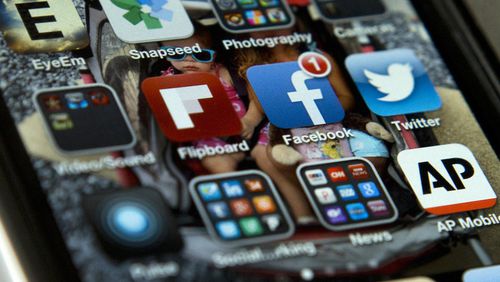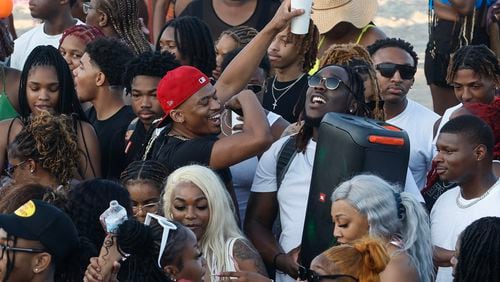If students post degrading comments or photos of classmates on Instagram or Facebook over the weekend, is it the school's job to respond on Monday? And can the school discipline not only the posters, but any classmates who "liked" the offensive content?
A lawsuit against a San Francisco area school that disciplined students after an offensive racist post highlights the challenges educators face in policing social media. Parents whose children are being bullied or targeted expect schools to take the lead, but the courts have given mixed signals on whether schools can punish students for ugly but constitutionally protected speech.
Four high school juniors are suing their school for suspending and punishing them for their social media responses to Instagram images of African-American female classmates and the African-American coach of the girl's basketball team. According to the Albany, Calif., school district, the images included nooses drawn around necks of some of the photographs and side-by-side photos with apes.
The boy who posted the images is facing expulsion. But the four classmates who chose to "like" or comment on the racist images were suspended and are now suing. They maintain their free speech rights were violated and they endured public ridicule, shaming and violence. The high school is majority white and Asian-American; African-American students represent 5 percent of enrollment.
Parents of children victimized on social media expect to schools to step in, but the legal reach into student Instagram or Facebook accounts is up for legal debate. The test has been whether the student’s actions disrupted school, but the murky area is how the disruption occurred. A possible factor in the suit: The racist photos were on a private account and disrupted school after one boy’s phone was taken by another student.
The lawsuit states: “This action arises out of a private online discussion between friends that the Albany School system has pried into without authority. All conduct at issue in this matter occurred off school property, were conducted off school hours, and were otherwise completely unrelated to school activity.”
An attorney for the boys told CBS: "This to me is no different than having a private drawing book and making some offensive drawings at home and sharing them with a couple of friends. Does the school have the right to ruin my life over something I was doing at my house?"
The case also raises questions about what it signifies to click "like" on offensive posts on social media. Does "liking" a repugnant post make you a party to it?
"'Likes' are ambiguous in that they could be saying, 'This is funny,' 'I agree with it,' or 'I don't agree, but I want to stand up for your right to say it,'" said Eugene Volokh, who teaches free speech law at the University of California, Los Angeles.
The suspended boys want their records cleared and all disciplinary actions stopped during the lawsuit. The boys contended they felt unsafe returning to school after the incident, which created furor in the community and led to vigils and protests. The boys were given permission to have 20 days on independent study at home. Some chose to return to school with bodyguards provided by the district.
According to San Jose Mercury News:
Defense attorney Dan Horowitz, who reviewed the boys' lawsuit, said it has merit in that the inflammatory posts were on a private account and only disrupted school activities once one boy's phone was taken by another student. "Having childish or hateful beliefs off campus are 100 percent protected," Horowitz said. "The school's publicizing of the matter and exposing the students to ridicule, negative characterizations etc. is deeply troubling. The students cannot defend themselves as they are barred from campus and have no ability to address the student body. "You have the right to be racist in this country, and you have the right not to be racist in this country," he said. "This turns the school into the Thought Police."
Here's the problem: Parents want schools to be the Thought Police when a student's thoughts escalate into online bullying of their child.
I read several national stories of teens who killed themselves, and schools were cited in all of them for failing to stop the social media tormenting of the kids. There are several high-profile lawsuits pending from parents suing schools after their children suffered online harassment and took their lives.
Schools seem to face an impossible balancing act. Your thoughts?
About the Author







